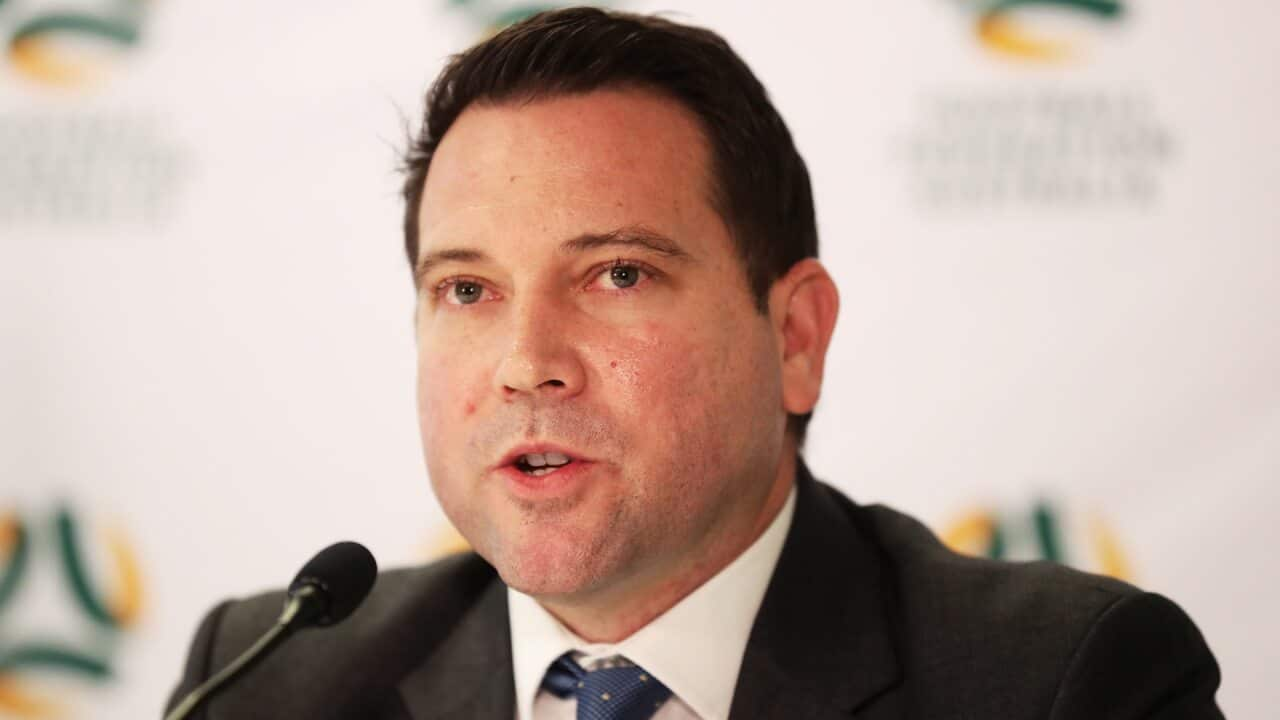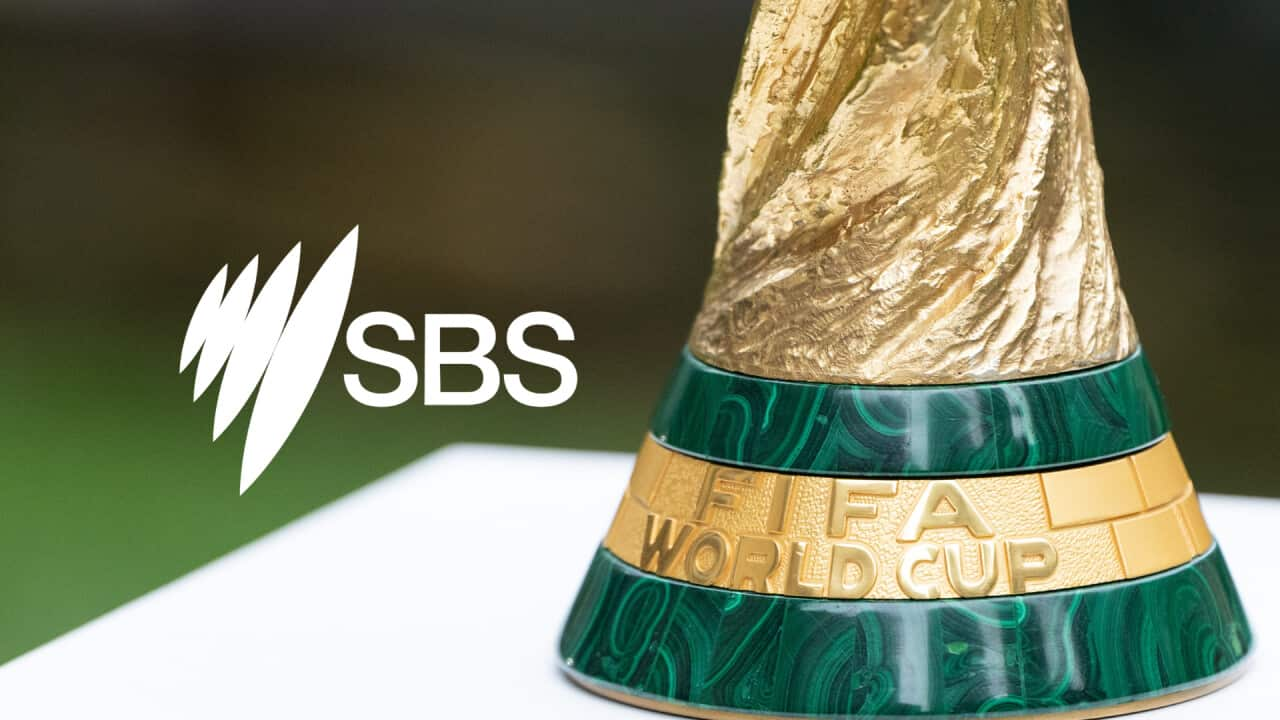The joint bid is competing with Brazil, Colombia and Japan for the right to stage the 32-team event in three years.
The FIFA Council that comprises 37 members including president Gianni Infantino will name the winning bid via an online vote on June 25.
Football Federation Australia officials are quietly confident of landing the big prize despite strong opposition from the Brazilians, who exert huge influence at the highest levels of the world game.
"Co-hosting the World Cup in Australia would supercharge our path towards gender equality in the sport and provide a massive boost for women's football and women's sport in general," Johnson said.
"The anticipated growth in female football participation would put us on course to achieve the aim of gender parity in playing numbers by 2027.
"Our bid is in line with FIFA's ambitions to continue growing the women's game and we offer impact and certainty with a plan to accelerate the growth of women's football globally.
"Bridging two confederations (Asia and Oceania), we are perfectly positioned to unlock the commercial value of the FIFA Women's World Cup and deliver strong financial returns for FIFA."
FFA have left no stone unturned in their bid to bring the biggest ever women's tournament to our shores.
"We believe we have put forward a compelling case as to why Australia and New Zealand should be awarded the hosting rights," Johnson said.
"The partnership between FFA and NZ Football has provided a very strong foundation for the joint bid, which will deliver some exceptional outcomes for football – particularly women's football - across Asia-Pacific.
"We believe the As One bid would, uniquely, deliver a tournament of firsts: the first ever co-confederation hosted World Cup, the first ever Women's World Cup in the Asia-Pacific region and first in the southern hemisphere."
Australia failed miserably in its bid to hold the 2022 World Cup, which went to Qatar, but FFA say they have learned from the mistakes of the past.
"The whole process has been very different to that which took place 10 years ago, including the rigour of the bidding process and the decision-making process that will be taken by FIFA on June 25," Johnson explained.
"We have taken some learnings from the bid for 2022, as indeed we have from the successful bid to host the 2015 Asian Cup, and these have added to what we feel is an extremely strong bid for 2023."
The winner will be selected by a simple majority of votes, with council members from bidding nations recused from the vote. If there is no simple majority then the bid with the least votes is eliminated before another round of voting is conducted.










